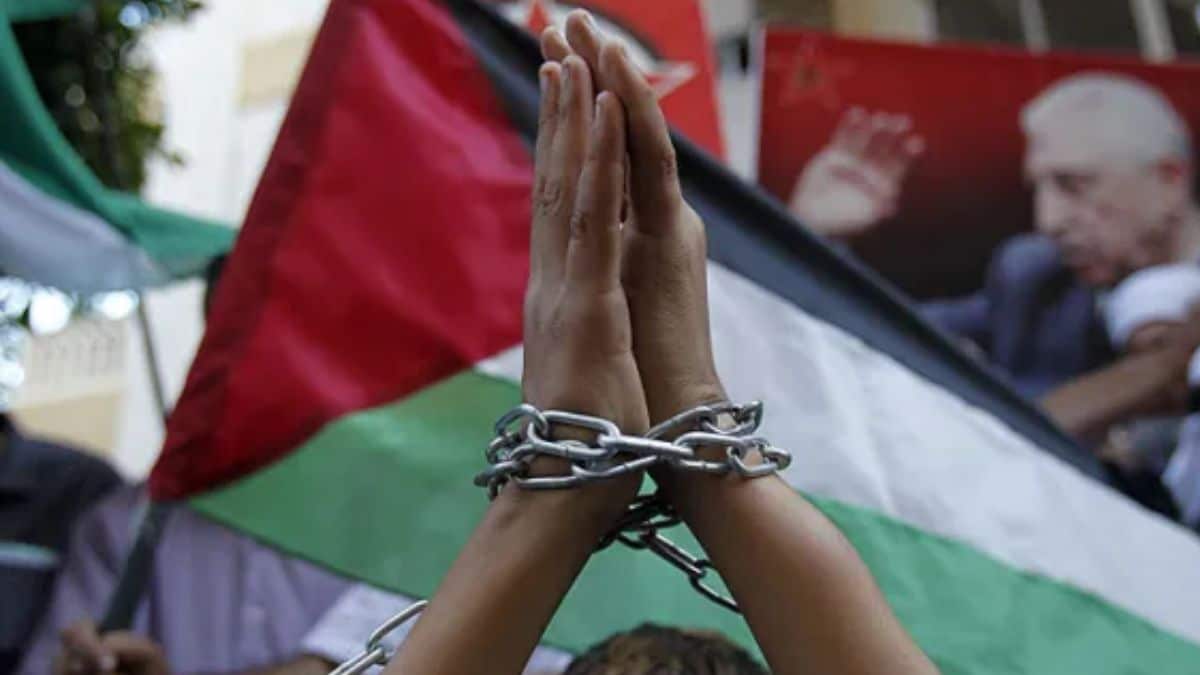The Israeli army has confirmed the deaths of 36 Palestinian prisoners in its military-run detention centers since October. The announcement comes amidst heightened scrutiny over the treatment of detainees in Israeli prisons.
According to a statement from the Israeli military, some of the deceased prisoners had pre-existing medical conditions or injuries sustained during ongoing hostilities. The military did not provide detailed information regarding the circumstances of these deaths.
Recent autopsy reports, shared with The Associated Press by Physicians for Human Rights-Israel, reveal troubling findings. Among the five autopsies conducted, two detainees exhibited signs of physical trauma, including broken ribs. A third death might have been preventable with more attentive medical care, according to the reports. Physicians for Human Rights-Israel, an Israeli rights organization, provided these findings based on observations of the autopsies.
Prisoner rights organizations have raised alarms about the actual number of deaths in detention, suggesting that the figures might be significantly higher. These groups argue that Israeli authorities have not accounted for or disclosed information regarding numerous detainees from Gaza. They also report that over 10,000 people are currently held in Israeli prisons.
The international community and human rights advocates are calling for greater transparency and accountability in the treatment of Palestinian prisoners. The confirmation of deaths has sparked renewed debates over Israel’s prison conditions and its handling of detainee health and safety.
The issue of prisoner treatment in Israeli detention centers has gained increased attention amid the broader context of the ongoing Israeli-Palestinian conflict. The recent admissions have further complicated the discourse around human rights and military practices in the region.

